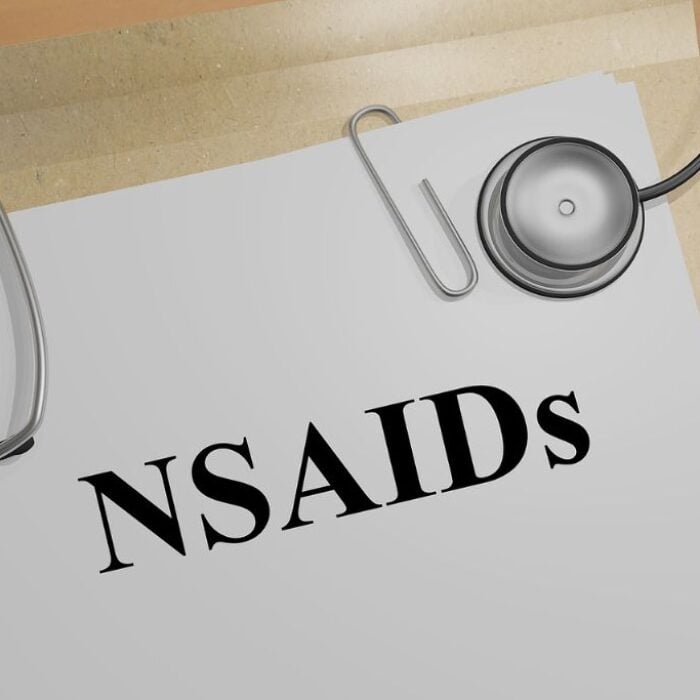Having an addiction to Fentanyl while pregnant is risky, but it can be more detrimental to the health of the mother and unborn child if use of this drug is stopped abruptly.
Fentanyl is a potent narcotic painkiller that is said to be more powerful than morphine. This drug is intended to treat breakthrough pain and chronic severe pain that can’t be managed by other opiates alone. Most forms of Fentanyl are not recommended unless the patient is already sufficiently tolerant to opiates.
What Can Happen If A Pregnant Woman Goes Into Detox
An addiction to Fentanyl while pregnant can cause several problems for both mother and child. Ideally, women would be weaned or detoxed prior to becoming pregnant. But this isn’t the way it always happens. Attempting to detox “cold turkey” from Fentanyl while pregnant is not recommended because it can cause too much physical distress. There is the potential for the mother to experience extreme opiate withdrawal symptoms such as:
- Abdominal Pain
- Anxiety
- Insomnia
- Loss of Appetite
- Nausea
- Vomiting
- Diarrhea
- Sweating
- Chills
- Joint Pain
- Rapid Breathing
- Tremors
What the individual experiences during the withdrawal process can be extremely intense and wreak havoc on the body. The unborn child will inevitably experience negative consequences as a result. Withdrawal symptoms can induce a preterm birth, cause a stillborn birth or cause several unknown birth defects in the child.
Methadone Replacement Therapy Suggested During Pregnancy
Most medical professionals are against an opiate detox or rehab program for expectant mothers due to the potential harm to the unborn child. Methadone is the only approved method of treatment during pregnancy. Patients replace Fentanyl with Methadone rather than stopping opiates altogether. This method eliminates the cravings and allows the patient to forgo much of the intense withdrawal symptoms as they gradually reduce their opiate intake. This form of treatment is considered to be the best possible option during pregnancy because it has less potential for abuse than Fentanyl. Also this method would require patients to have scheduled doctors’ visits to obtain their dose which would provide them with consistent healthcare, a necessity during pregnancy.
Methadone is an opiate so it’s likely that the child will be born dependent upon the drug. It’s possible the baby will experience withdrawal symptoms such as: irritability, rapid breathing and stomach distress. They often have a high-pitched cry. Their symptoms can be eased through low doses of Methadone and an environment that is kept dark and calm. Swaddling and soothing are also helpful practices.
Waismann Method Treatment, an opiate detox program, is unable to treat pregnant women because of risks. The company does treat a number of women who need post pregnancy detox.













